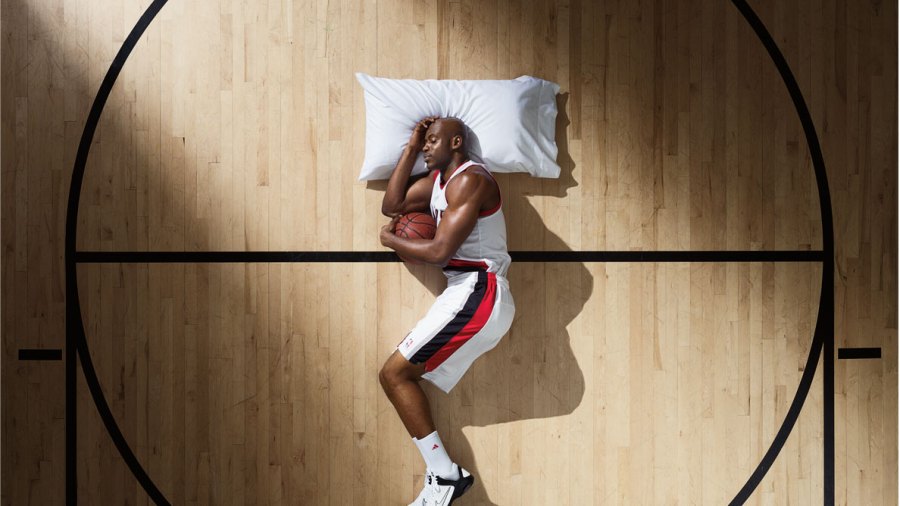You have probably heard it time after time — “put down your electronics before going to bed.” Falling asleep to late-night television seems like a harmless act, but what really is light doing to your body when it comes to sleep, and how much light is too much? A recent study shows that it’s more than just a good night’s worth of sleep at risk; diabetes, obesity, and other cardiovascular functions are on the line.
Light’s effect on “fight-or-flight”
Previous studies found that light exposure during the day activates the sympathetic nervous system. This division of our nervous system is responsible for activating the body’s instinctive “fight-or-flight” responses to threatening situations and can act to increase heart rate and blood sugar levels for a boost of quick energy. Coupled with the sympathetic system, the parasympathetic system is associated with energy conservation and digestive processes crucial for the maintenance and restoration of the body. A recent study by the Northwestern University Feinberg School of Medicine found that even when the body was asleep, light exposure triggered “fight-or-flight” responses. Consequently, the two nervous system divisions became unbalanced and restoration processes were disrupted.
Source: Science Insider
Next morning insulin resistance
In this Northwestern University study, 20 healthy individuals spent 2 nights in a sleep lab while being monitored for a number of measures of sleep quality: brainwave activity, breathing, heart rate, and melatonin levels. For one night, half of the participants were exposed to light equivalent to streetlights coming through a window, while the other participants remained in a fully dark setting. In addition to “fight-or-flight” responses such as increased heart rates, researchers found a significant increase in insulin resistance the morning after in participants who slept in the dimly lit room. Insulin is a crucial hormone in our bloodstreams that signals cells to pick up sugars in the blood following the consumption of carbs to be used for energy. In the condition of insulin resistance, cells fail to properly respond to insulin, thus compromising the breakdown of sugar. In view of impaired heart and sugar regulation, the study further suggested that moderate exposure to light during sleep could increase risk factors for heart disease, stroke, and type 2 diabetes.
Source: Doctablet
City nights, bright lights
Surveys found that up to 40% of individuals sleep with lights on through things like phones, televisions, and table lamps. With the rise and growth of urban areas around the world, it has become even more common for individuals to experience some sort of artificial light exposure during sleep. Individuals living in the city are more susceptible to outdoor light sources such as streetlights, neon signs, and nearby buildings. Considering the light exposure we experience on a regular basis, one may wonder how much light is too much light.
In this study, only 5-10 % of the light exposed to participants went through the closed eyelids during sleep. Nevertheless, the low light exposure was enough to impact measures like heart rate and insulin resistance; emphasizing the need to be aware of even the dimmest lights during sleep.
Written by: Joanne Kit




